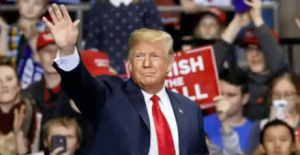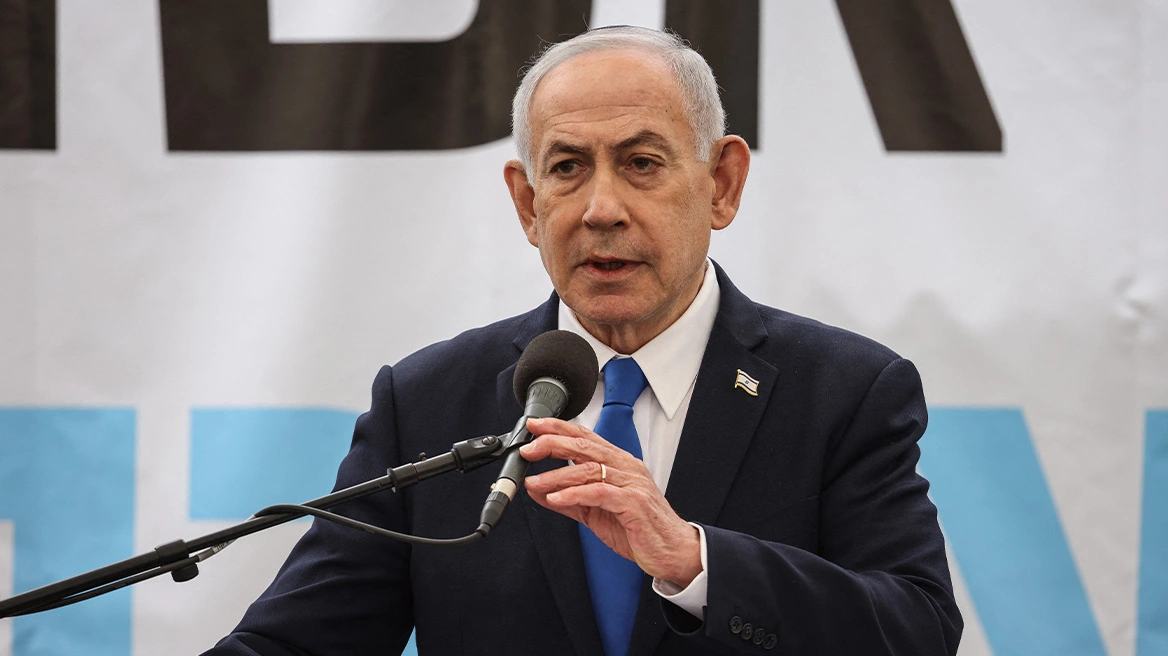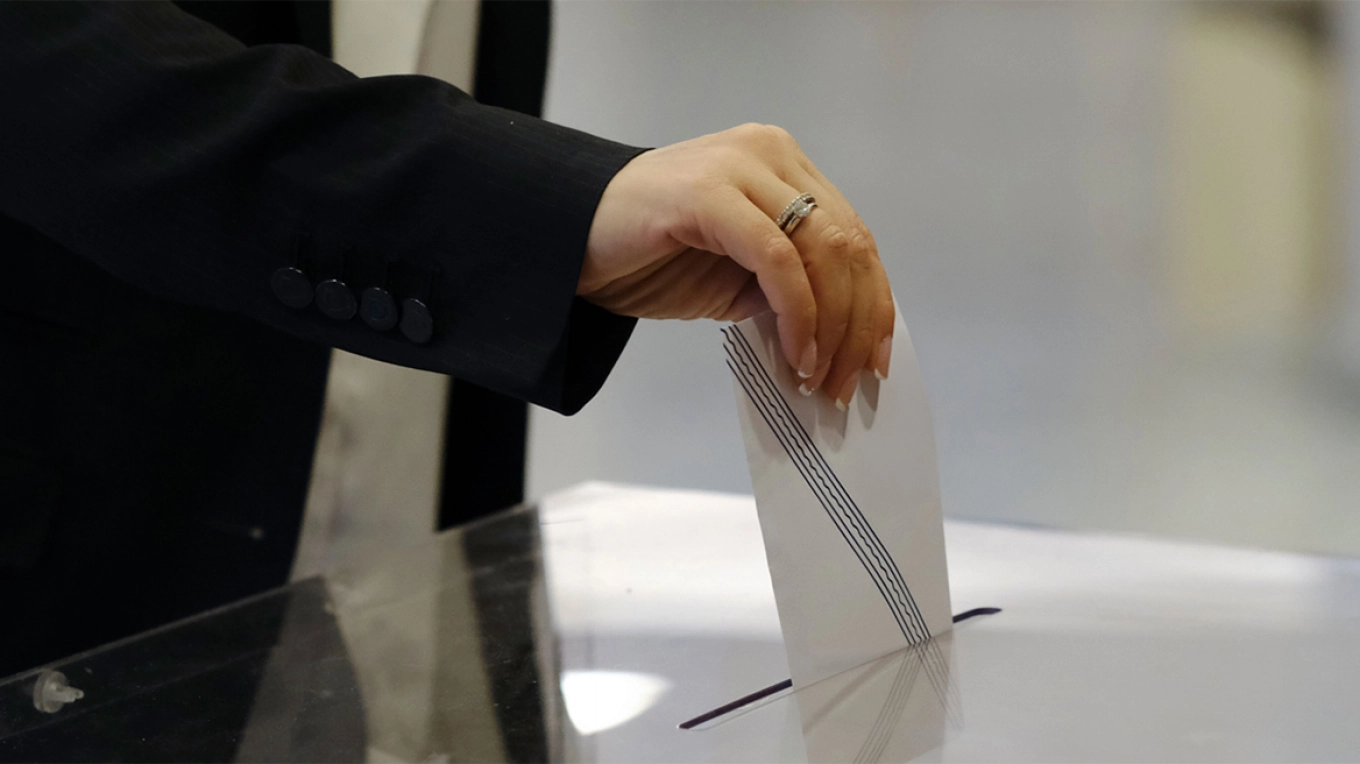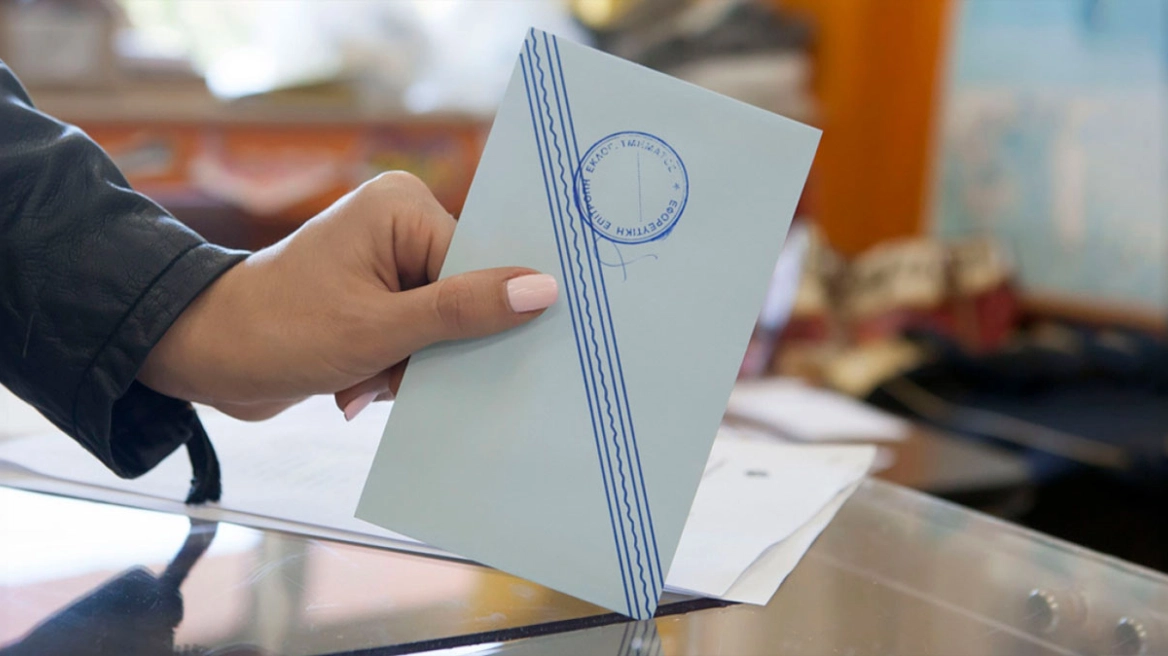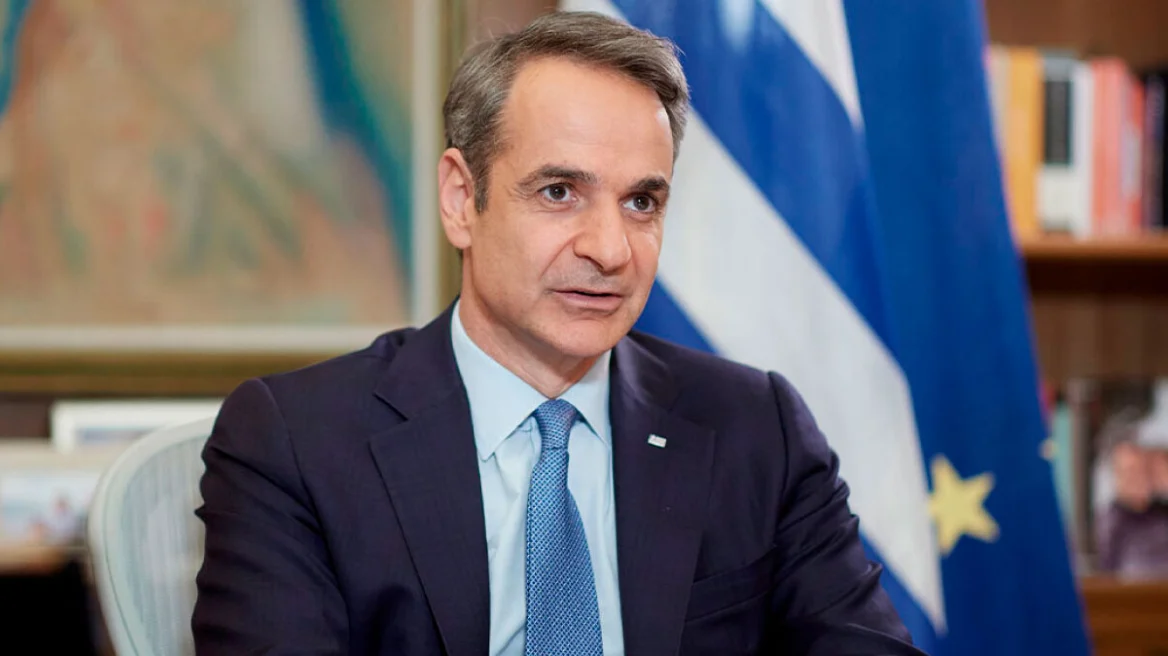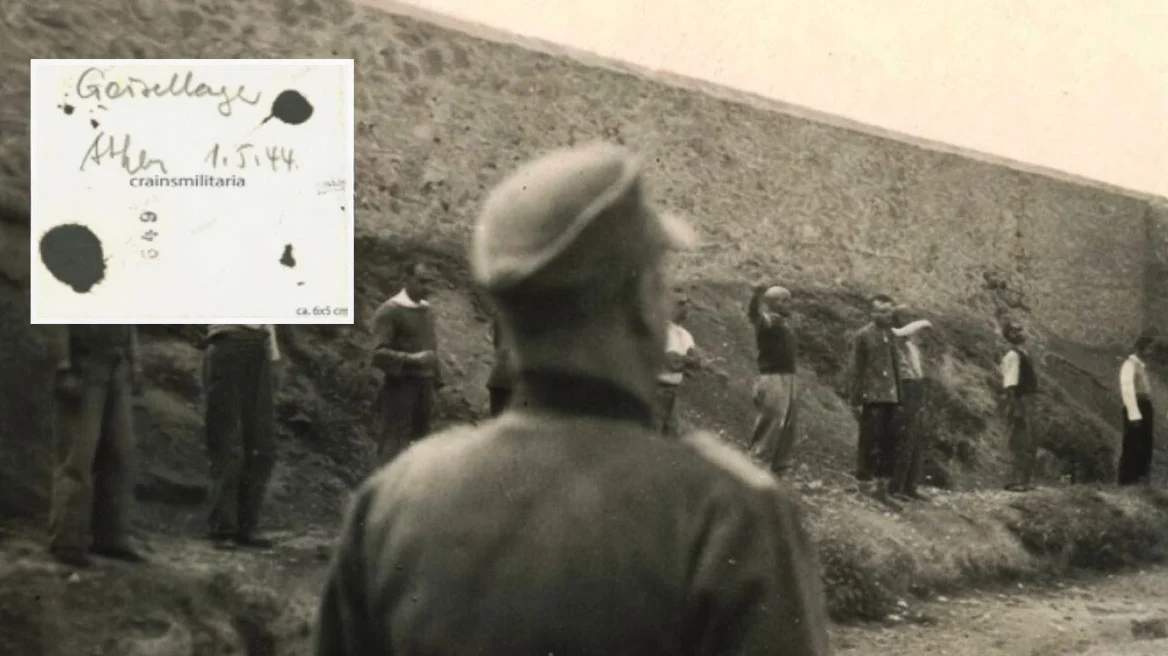The chairman of the U.S. Senate Intelligence Committee said its Russia investigation has found no proof that President Donald Trump’s presidential campaign colluded with Moscow, an assertion that congressional sources said puts him at odds with Democrats on the largely bipartisan panel.
“If we write a report based upon the facts that we have, then we don’t have anything that would suggest there was collusion by the Trump campaign and Russia,” Republican Richard Burr told CBS News in an interview published on Thursday.
Burr said the committee, which has been investigating alleged interference in the 2016 U.S. election two years, has not begun drafting its final report. He also could not say how much of it ultimately would be declassified, according to CBS.
While there has been extensive bipartisan cooperation on the Senate panel, including between Burr and ranking Democrat Mark Warner, Democrats seriously disagree with Burr on evidence of collusion, according to congressional sources familiar with internal committee discussions.
A spokesperson for Warner said he had no comment on the CBS report.
The Senate Intelligence Committee is among several congressional panels investigating Russian interference and the potential collusion with Trump’s 2016 campaign, along with the U.S. Special Counsel’s Office under the U.S. Department of Justice.
Trump, saying he is a victim of “presidential harassment,” has repeatedly blasted the federal investigation being led by Special Counsel Robert Mueller as a “witch hunt” while denying collusion. Moscow also has denied interference in the U.S. political system, counter to U.S. intelligence agency conclusions that it sought to sway the election in favor of Trump and undermine Democratic rival Hillary Clinton.
Burr’s panel also is examining whether former Democratic President Barack Obama did enough to follow up on official government reporting of Russian election interference, as well as the U.S. intelligence community’s January 2017 assessment of Russia role in election, the impact of social media and election security.
Read more HERE
Ask me anything
Explore related questions
